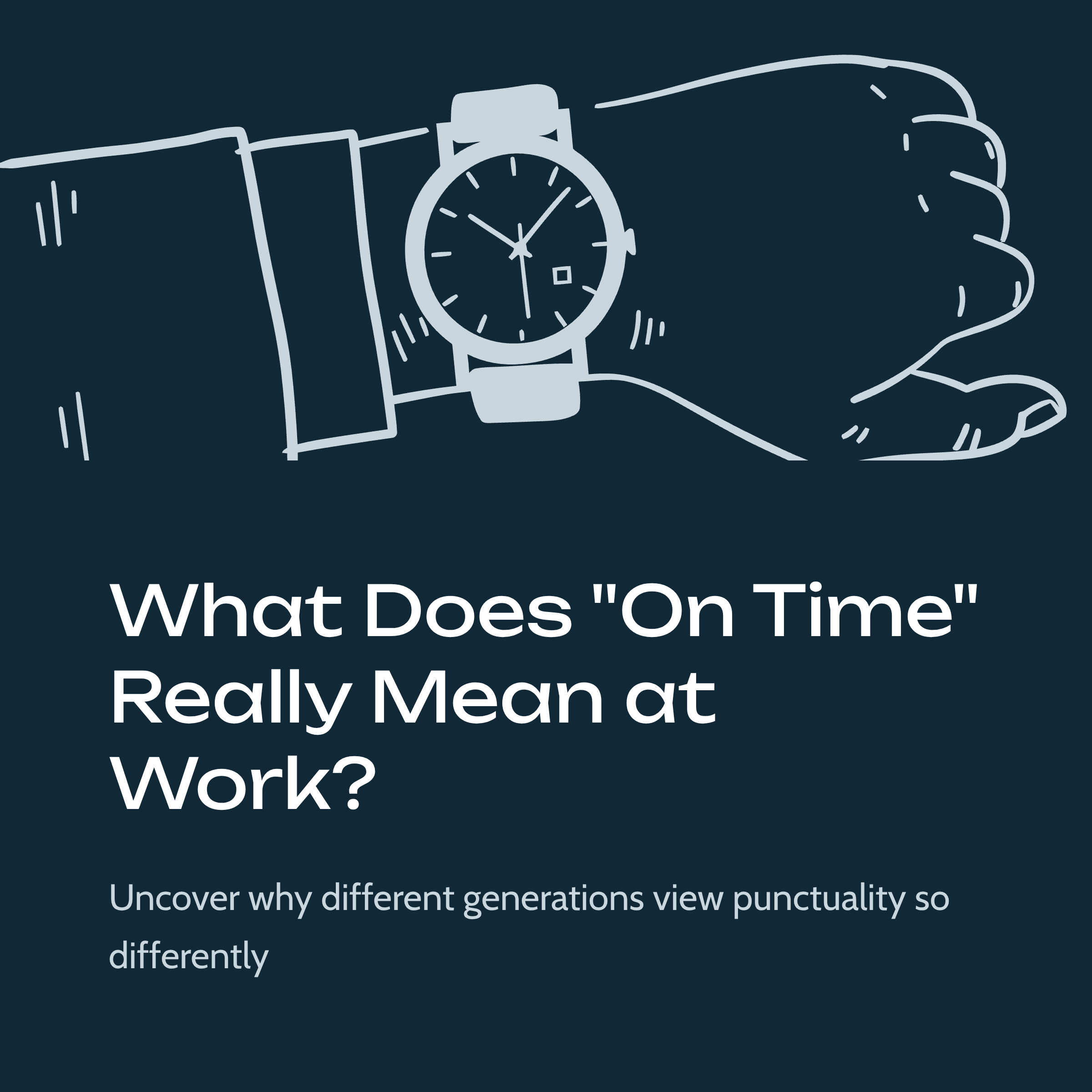From Tension to Teamwork:
Reflections on the Future of Work

The Case for Generational Awareness Training in the Workplace
Generational conflict is real—and it’s costing companies in collaboration, engagement, and performance. Learn why generational awareness training is no longer optional and how it can transform your team culture.

Generational Stress in the Workplace: What Each Generation Faces—and How They Cope
Stress affects every employee—but not in the same way. From Boomers navigating retirement to Gen Z managing digital overload, each generation brings distinct challenges to the workplace. This article explores how stress manifests across five generations and why tailored support is essential for building a resilient, inclusive, and high-performing workforce.